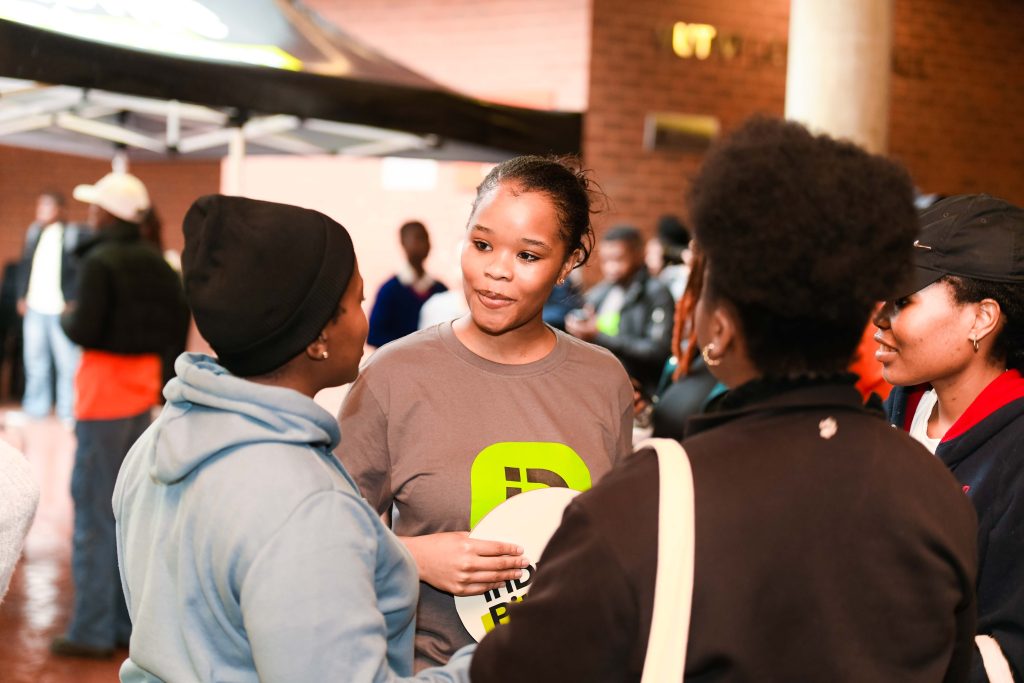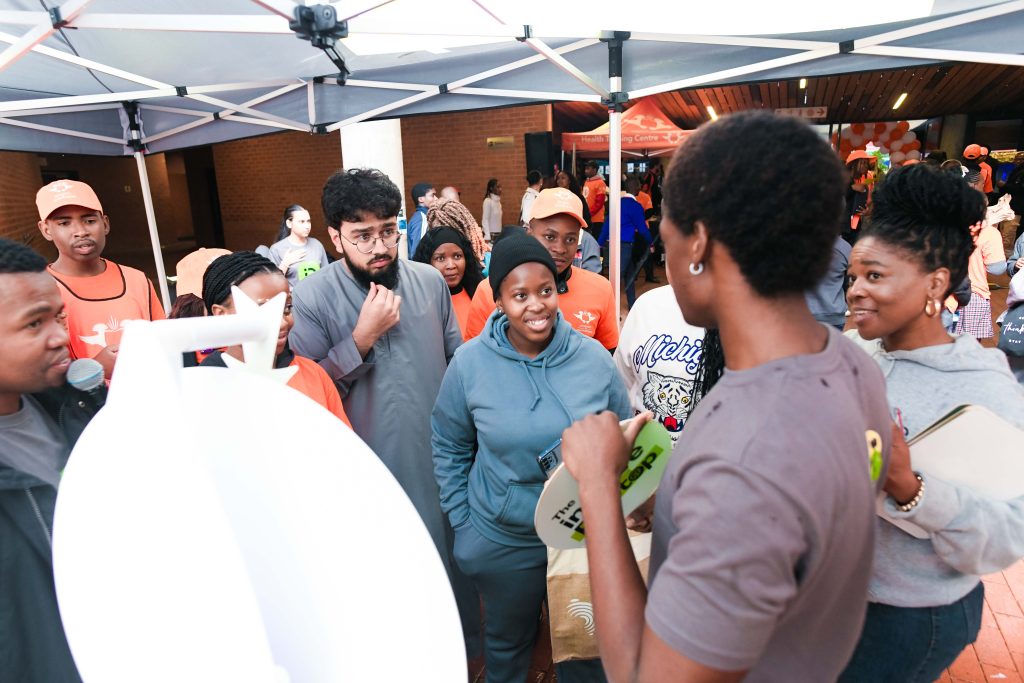Workers’ Day 2025: This year marks nearly five decades of the Soweto Uprising in South Africa and 32 years since our first democratic elections, which are commemorated across the country each year as Freedom Day. While young people now face very different struggles, it’s still necessary to question how much progress we’ve made as a nation since then.
As we conclude Freedom Month, Ashif Black, inDrive’s Country Representative in South Africa, shares his thoughts: “Freedom Day reminds us of how far we’ve come, but also how far we still have to go, especially from our perspective regarding youth unemployment and transport safety.”
A troubled economic landscape as we recognize Workers‘ Day

Freedom Day was a couple of days ago, and the 1st of May is another significant day as we recognize workers on this day. South Africa’s alarmingly high youth unemployment rates are a major factor in this regard. As of the fourth quarter of 2024, the unemployment rate for individuals aged 15 to 34 stood at 44.6%. This is not to mention the graduate unemployment rate in South Africa, which was recorded at 8.7% at the end of last year. These numbers illustrate how scarce job opportunities are for young job seekers, which is a major Achilles’ heel of our maturing democracy. Both Freedom Day and Workers’ Day are poetic in the sense that they are meant to showcase our progress and achievements as a nation, but instead, they remind us of the painful reality faced by millions of young job seekers.
Access to quality education also remains relatively uneven across the country, with students in affluent areas benefiting from better resources, while those in poorer or rural regions often lack basic educational tools. The digital divide that exists in the country further exacerbates this disparity, where many low-income households pay significantly more for internet access, limiting their ability to engage in online learning and job applications.
Even for those who do manage to graduate, many face a frustrating catch-22: most jobs require experience, yet entry-level opportunities are few and far between. Without access to internships, mentorship, or skills development programmes, these young South Africans are often stuck in limbo, where they are qualified but unemployed; capable but excluded.
“The South African economy is structured in a manner that often makes it challenging for young entrepreneurs to access the capital and networks necessary for business ventures. Efforts are being made on a governmental level to address this, of course, but there needs to be more sustained investment, better implementation, and ongoing evaluation,” says Black.
“Local businesses must do more on the ground and within our capacities to address these issues, and I believe it not only benefits young up-and-coming South Africans, but businesses too.”
Facilitating economic empowerment for SA youth

In response to these challenges, companies like inDrive are taking proactive steps to empower the youth. The e-hailer recently addressed students and recent graduates at the University of Johannesburg, introducing opportunities to earn a living or even fund their studies by becoming inDrive drivers. This, the e-hailer notes, offers young people flexible, dignified earning opportunities in the gig economy while affording them valuable working experience.
In addition, in 2024, inDrive launched the Layita Khayelitsha campaign to create a safer environment for youth drivers in Khayelitsha by addressing poor street lighting through the installation of solar lights, pledging one for every 2,000 streams of the campaign song Layita by Amapiano star Khanyisa Jaceni. Beyond improving safety, the campaign instilled confidence and a sense of pride in young drivers, empowering them to provide a much-needed service within their community with less fear and greater freedom. This forms part of inDrive’s broader mission to promote economic justice, fair compensation, and safer transport, empowering young South Africans to move freely and shape their futures.
“Mobility is more than just movement; it’s a form of economic freedom, and creating more opportunities ensures that we play a part in enabling young South Africans to take back control of their time, money, and their futures.”
